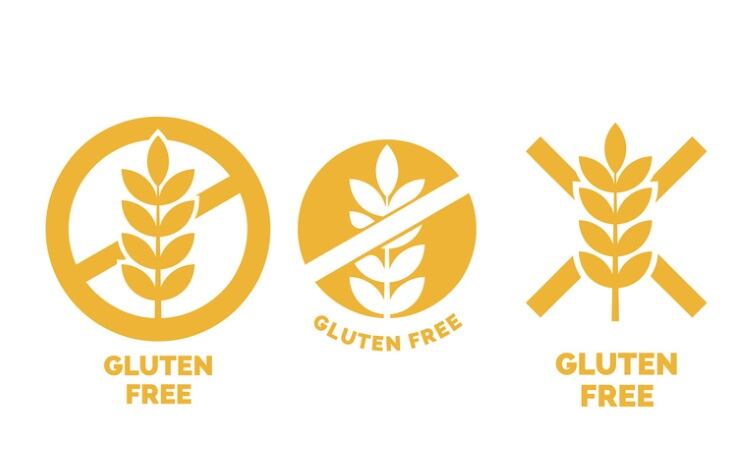Total carbohydrate intake dipped slightly from about 52% to 50%, while protein intake rose 1% to reach 16.4% of energy consumed.
The research, published in JAMA in September, aimed to decipher trends in carbohydrate, fat and protein intake in US adults, starting in 1999 until 2016.
During this period, “US adults experienced a significant decrease in percentage of energy intake from low-quality carbohydrates and significant increases in percentage of energy intake from high-quality carbohydrates, plant protein and polyunsaturated fat,” the researchers said. “Despite improvements in macronutrient composition and diet quality, continued high intake of low-quality carbohydrates and saturated fat remained.”
According to the Healthy Eating Index, Americans have improved their diets since the late 90s, but only by a hair. On the index’s 100-point scale, the US ranked near 58 in 2015, compared to under 55 two decades ago.
Adults over the age of 65 have typically scored highest (66) on this index, compared to children ages 6 to 17 who tend to score the lowest (53).
The study attributes that rise to an increase in high-quality carbs like whole grains and plant protein, which crept up about 0.4%.
Saturated fatty acids and polyunsaturated fatty acids – considered a healthy fat found in products such as nuts and seeds – also inched up around 0.5%. The study found nut consumption increased by nearly 1% and whole grains just above that threshold.
Added sugar intake fell 2%.
Policymaking and dietary guidelines can change habits
The study aimed to be nationally representative and cross-sectional, led by faculty of Tufts University, Harvard, and Brigham and Women’s Hospital in Boston. Researchers from Tongji Medical College in China and the Albert Einstein College of Medicine in New York also worked on this nearly two-decade project.
It is important to understand how economic upheaval (such as the 2008 financial crisis) affects consumer diets, they said. Nutrition policies and food processing methods – ingredient approvals, for instance, or food safety protocols – play a significant role in diet quality.
“It is essential to evaluate trends in dietary intake, food sources, and diet quality to inform policy makers.”
Dr Linda Van Horn of Northwestern University’s Feinberg School of Medicine echoed the importance of ongoing nutritional research, like this study, to understand people’s eating habits. Outside general responses, factors including age, income and race also play a role in diet quality, she added.
Study:
Trends in dietary carbohydrate, protein, and fat intake and diet quality among US adults, 1999-2016
JAMA Network: Volume 12, Issue 322, pp. 1178-1187 – September 2019
Authors: Z. Shan, C.D. Rehm, G. Rogers, et al.
doi:10.1001/jama.2019.13771




